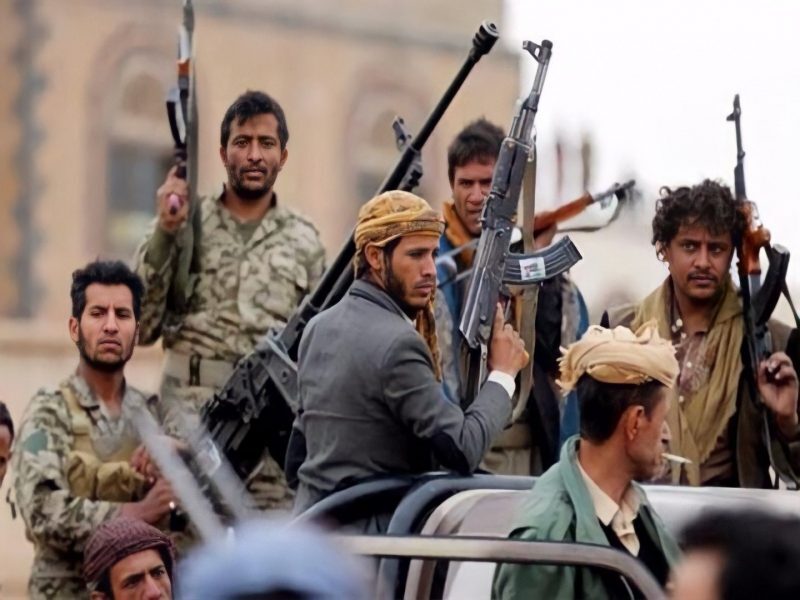The war-torn nation has proven oil reserves of at least three billion barrels, with conflict causing its output to drop.
Qatar condemned a Houthi rebel attack on the Dhaba oil port in southern Yemen on Friday, in fresh escalation following the expiry of a six-month truce.
In a statement on Saturday, Qatar’s foreign ministry said the attack is “an act of sabotage that violates all international norms and laws.”
“This dangerous escalation will negatively affect the security and stability of energy supplies worldwide,” read the statement, renewing Qatar’s support for a peaceful resolution in Yemen.
On Friday, the Yemeni government said Houthi drones targeted the oil terminal while a tanker named Nissos was preparing to dock. The internationally-recognised administration said its forces were able to intercept the drones at the time.
An official confirmed to Reuters that the oil tanker was scheduled to load two million barrels of crude oil, noting that there have been no damages on the port or Nissons.
Defending its attack, the Houthi rebels said they were preventing the smuggling of oil.
“We renew our warning to all companies to fully comply with the decisions of the authorities in Sanaa and shun away from any contribution to the looting of Yemeni resources,” read a Houthi statement, as quoted by Reuters.
The latest attack follows the expiration of a United Nations-backed ceasefire earlier this month which came to an end after warring sides failed to negotiate another extension despite global calls.
Differences over the payment of civil servants in Houthi-ruled territories was deemed to be a contributing factor to the failed extension.
The truce initially came into effect on 2 April for two months before it was renewed several times until October. The ceasefire resulted in the calmest period in Yemen since the start of the brutal war.
While several breaches were recorded throughout the ceasefire, a halt in violence allowed the return of flights and fuel shipments to the conflict-ridden country.
The ceasefire was also a crucial step in allowing the flow of oil and much-needed goods into the country, especially after Saudi Arabia imposed an air and sea blockade in 2015.
Under another provision of the ceasefire, 18 fuel vessels were allowed to enter the Houthi-controlled port of Hodeida, allowing hospitals and businesses to receive fuel and medical aid.
At least 26 fuel shipments entered the Hodeida port during the truce. The war-torn nation has proven oil reserves of at least three billion barrels, though the conflict caused its output to drop.
The Saudi-led coalition launched a military intervention in 2015 to push back Houthi rebels that captured control of the capital Sanaa months prior.
Throughout the war in Yemen, more than 150,000 people have been killed, per data gathered by the Armed Conflict Location and Event Data Project.
The war in Yemen has created the world’s worst humanitarian crisis, where more than 14 million people – 80% of the population – are in acute need of humanitarian assistance.
The UN previously said that the ceasefire led to a 60% decrease in civilian casualties and almost 50% drop in displacements across the war-torn country.
Meanwhile, the UN’s special envoy to Yemen Hans Grundberg said he is continuing efforts to reach a deal between conflicting parties.







